Genomics and Precision Health Blog – Archive Posts
Whole Genome Sequencing (WGS) versus the gonococcus: How CDC scientists are using WGS to beat antibiotic resistant gonorrhea
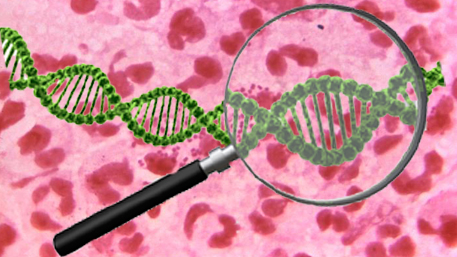
Since 1995, when the first high-quality bacterial genome was completed using Sanger sequencing, the number of publicly available bacterial whole genome sequences (WGS) has grown exponentially, due to advances in next-generation (and now third generation) sequencing technology. The first bacteria sequenced using next-generation technologies included very few that cause sexually transmitted infections (STI) like Chlamydia trachomatis, Read More >
Posted on byThe Road Ahead for Genomics Research: From Technology to Population Health Impact

We often reflect on the promise, progress and challenges in the translation of genomics research into population health benefits. A recent commentary in Nature Reviews Genetics featured 12 key scientific challenges and opportunities in the field. Leading scientists took stock of the current state of science and discussed needed research in the next few years Read More >
Posted on byBarriers and Facilitators to Recruiting Study Participants in Host Genomic Studies
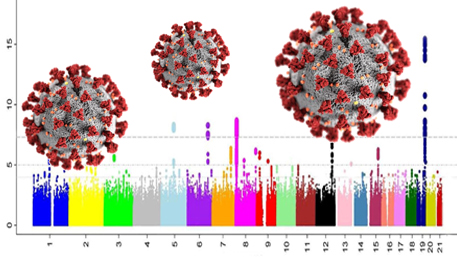
Host genomic studies play an important part in understanding disease susceptibility, severity, and outcomes. These studies require a minimum number of participants to ensure statistical power. Participation barriers and facilitators must be considered in order to effectively recruit a suitable number and diversity of eligible participants. The COVID-19 host genetics initiative aims to explain the Read More >
Posted on byPrecision Public Health and the COVID-19 Response

This blog is a summary of our recent paper in the Journal of the American Association. The public health response to COVID-19 requires a mix of general and targeted public health interventions, i.e., precision public health. Precision public health uses data from traditional and emerging sources to target interventions for populations by person, place, and Read More >
Posted on by 1 CommentThe Long Road to Population-based Genomic Screening

Since 2012, the CDC Office of Genomics and Precision Public Health (OGPPH) has identified three autosomal dominant conditions for which there exist evidence-based recommendations to prevent morbidity and mortality from either cancer or heart disease. Using our evidence-based framework, we have collectively labeled the following conditions as tier 1 genomic applications: 1) hereditary breast and Read More >
Posted on by 3 CommentsBeyond Tuberculosis: BCG Vaccine and Epigenetics
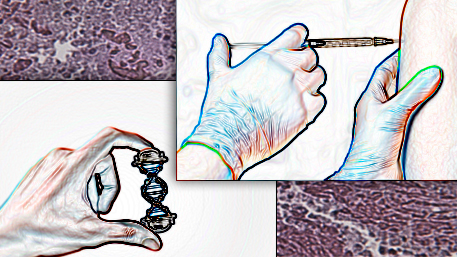
Tuberculosis (TB) infection is spread from person to person by respiratory droplets containing the bacterium Mycobacterium tuberculosis. This infection mainly affects the lungs and may be fatal if left untreated. TB remains a leading cause of death worldwide. In 1921, a live attenuated vaccine, called the BCG vaccine, was introduced to protect against TB. The Read More >
Posted on byPredictive Analytics, Implementation Science, Precision Medicine and Precision Public Health

This blog is a summary of our recent paper based on a multidisciplinary workshop convened by the National Heart, Lung, and Blood Institute to explore enhancement of predictive analytics for implementation research. The use of predictive analytics in precision medicine (the right intervention to the right patient at the right time) is well established. The Read More >
Posted on byToward More Precision in Implementation Science in the Age of COVID-19
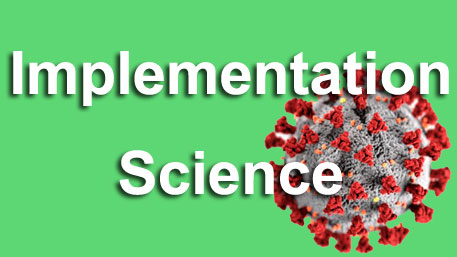
Implementation science (IS) is “the study of methods to promote the adoption and integration of evidence-based practices, interventions, and policies into routine health care and public health settings to improve the impact on population health.” The various factors that must be taken into consideration in designing, conducting, and evaluating IS studies dictate an inherent “precision” Read More >
Posted on byFrom Precision Medicine to Precision Public Health: Beyond the Pandemic
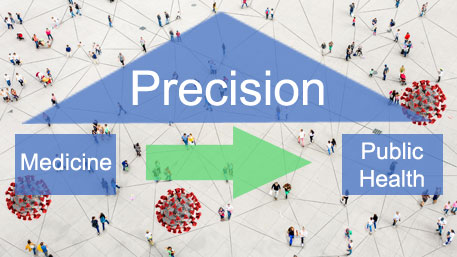
Precision medicine and precision public health are emerging fields that use genomics and other big data technologies to provide more targeted interventions at the individual and population levels. Precision medicine can be thought of as delivering the right intervention to the right individual at the right time, while precision public health can be simply viewed Read More >
Posted on byAccelerating Precision in Public Health Surveillance and Response
When our communities face a health crisis, the research, clinical, and public health worlds come together and collaborate. Public health programs drive toward prevention, diagnosis, and treatment of the population, but they need the support and guidance of data-driven research behind them every step of the way. While most of the data needed to accelerate Read More >
Posted on by

